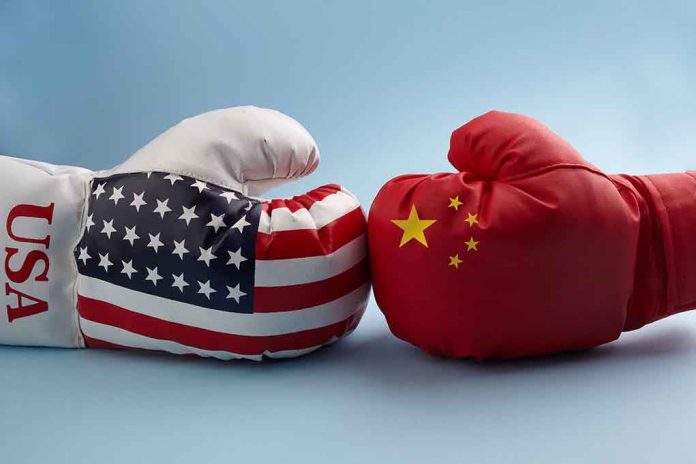
A new policy threatens American research independence, igniting concerns about national security and intellectual property theft.
Story Snapshot
- Intelligence officials express alarm over U.S. researchers’ collaboration with China, citing national security risks.
- A U.S. university was fined over $300,000 for failing to disclose Chinese funding, highlighting enforcement actions.
- Over 30% of U.S. high-impact research involves Chinese scientists, raising scrutiny levels.
- The U.S.-China Science and Technology Cooperation Agreement is at risk, potentially disrupting global research.
National Security Concerns Over Collaborative Research
Intelligence and security officials have raised significant concerns about U.S. researchers’ collaboration with China, citing risks of intellectual property theft and exploitation of academic partnerships. This situation highlights an essential tension between scientific advancement and national security interests, with profound implications for the global research landscape. The core issue centers on the warnings from intelligence communities about Chinese exploitation of U.S. academic partnerships to access sensitive research, technology, and data.
In September 2024, a U.S. university paid over $300,000 in penalties for failing to disclose that China was funding one of its scientists. This enforcement action exemplifies the heightened scrutiny on undisclosed foreign funding relationships and the broader campaign by U.S. intelligence agencies to protect American research institutions from foreign influence operations. The vulnerability of open academic environments to foreign exploitation, especially by China, is a major concern.
Impact on U.S.-China Research Collaboration
The U.S.-China scientific relationship has been governed by the Science and Technology Cooperation Agreement for 45 years, producing significant scientific advances. However, this partnership is under threat as geopolitical tensions rise. Export controls on China’s semiconductor industry, intellectual property theft concerns, and national security considerations have fundamentally altered the collaboration landscape. The Trump administration has signaled intentions to implement tough trade rules with China, while China has responded with countermeasures.
As of early 2025, the renewal of the U.S.-China Science and Technology Cooperation Agreement remains uncertain. This represents a pivotal moment that could fundamentally reshape the global research landscape. The enforcement landscape has intensified significantly. The September 2024 penalty signals to academic institutions that non-disclosure of foreign funding sources will result in substantial financial and reputational consequences.
Broader Implications and Future Outlook
The immediate impact includes disruption of ongoing research projects and uncertainty for researchers who have built careers on bilateral collaboration. The cessation of the Science and Technology Cooperation Agreement could lead to major disruption in U.S.-China scientific collaboration, threatening to unravel decades of shared progress. This could fundamentally alter the trajectory of global science, potentially setting research back by decades in fields that have benefited most from bilateral cooperation.
Over 45% of China’s high-impact international scientific research involves U.S.-based scientists, while 30% of U.S. high-impact international research involves Chinese scientists. The disruption of this collaboration network would affect thousands of researchers and potentially slow progress in critical scientific fields. Intelligence officials’ concerns reflect genuine risks to U.S. technological leadership and national security.
Sources:
US-China tensions risk setting science back decades
Managing the risks of China’s access to US data and control of software and connected technology
Nature article on US-China collaboration





